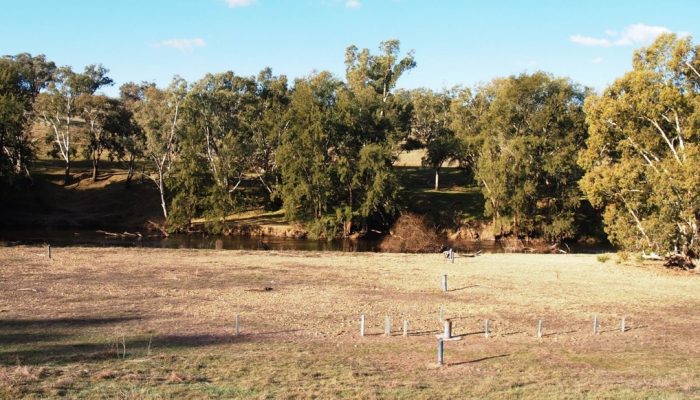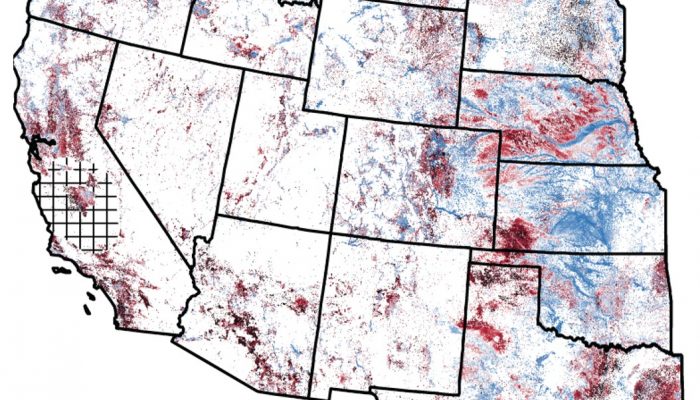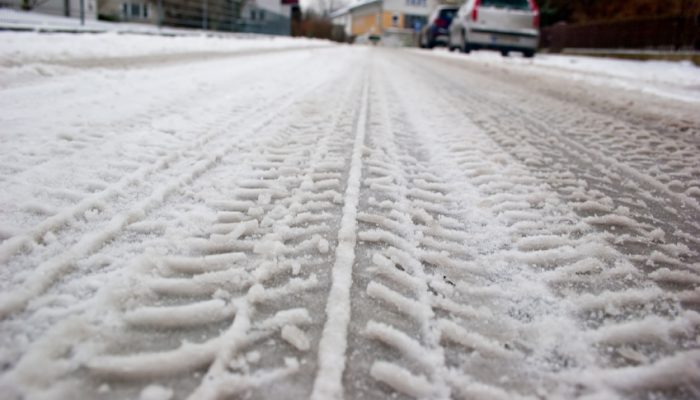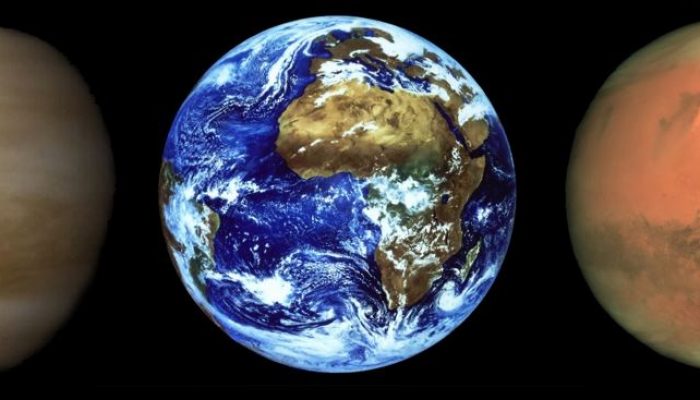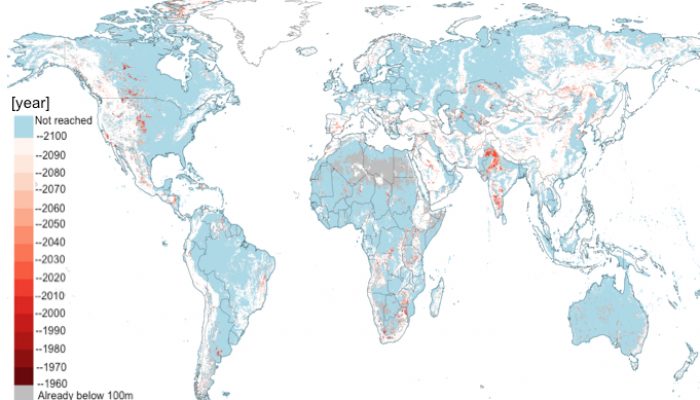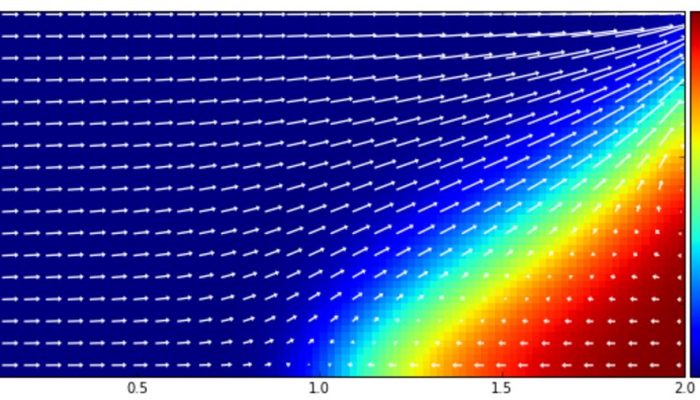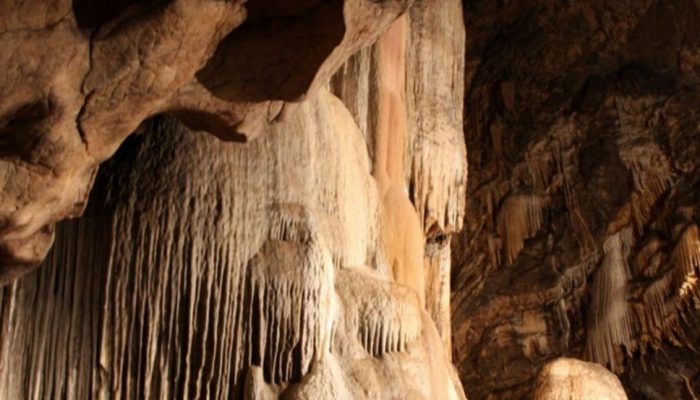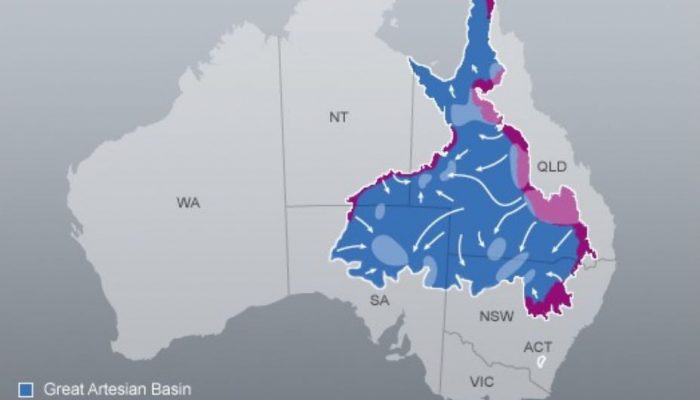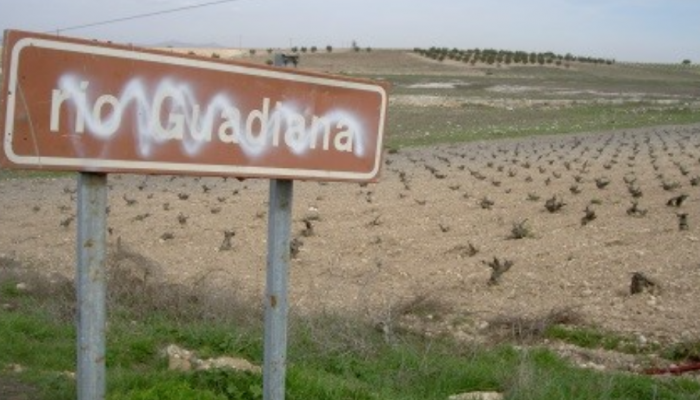Post by Andy Baker, Professor researching groundwater, caves, past climate, organic carbon and more at the University of New South Wales, in Australia. __________________________________________________ We know a lot about the carbon cycle, right? Increased carbon dioxide emissions since the Industrial Revolution have perturbed the carbon cycle. This has led to rising atmospheric carbon dioxide le ...[Read More]
Groundwater organic matter: carbon source or sink?
